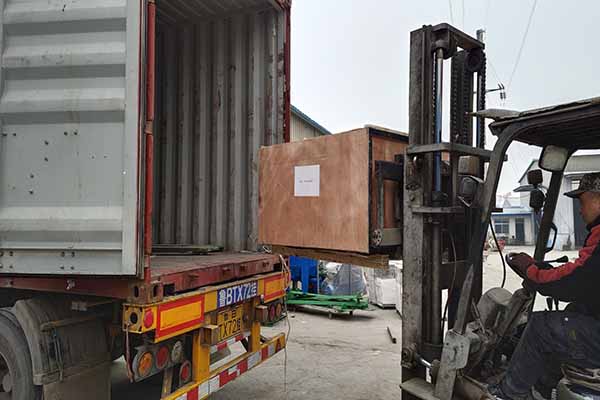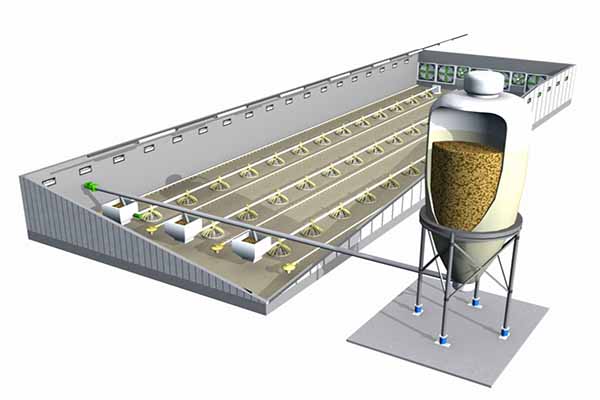Poultry Farming in Nairobi: A Comprehensive Guide
Time : 2025-05-12
Nairobi, the vibrant capital city of Kenya, is not only known for its bustling city life but also for its burgeoning agricultural sector. One of the most promising sub-sectors within this sector is poultry farming. If you’re looking to venture into this field or simply want to learn more about it, you’ve come to the right place. In this article, we’ll delve into the world of poultry farming in Nairobi, covering everything from the basics to the latest trends and practices.
Understanding Poultry Farming in Nairobi
Poultry farming in Nairobi refers to the rearing of birds, such as chickens, ducks, and turkeys, for meat, eggs, and other products. This practice has seen a significant increase in recent years, driven by factors like urbanization, rising demand for protein, and the government’s push for agricultural development.
Types of Poultry Farming in Nairobi
There are mainly two types of poultry farming in Nairobi: commercial and backyard.
- Commercial Poultry Farming: This involves large-scale production of chickens and ducks for meat and eggs. It requires substantial capital investment, advanced technology, and a significant workforce.
- Backyard Poultry Farming: This is more common among urban households and small-scale farmers. It involves raising a few birds in a small space for personal consumption or to sell locally.
Setting Up Your Poultry Farm in Nairobi
Starting a poultry farm in Nairobi requires careful planning and preparation. Here are some key steps to consider:
1. Research and Planning
Before diving into poultry farming, it’s essential to conduct thorough research. Understand the market demand, the type of poultry you want to raise, and the resources required. This will help you make informed decisions and avoid potential pitfalls.
2. Identifying a Suitable Location
The location of your poultry farm is crucial. Look for a place that is easily accessible, has a stable water supply, and is away from residential areas to minimize noise and odor issues.
3. Building the Coop
The coop is the home for your birds. Ensure it’s well-ventilated, protected from predators, and has enough space for the number of birds you plan to raise. Also, consider insulation to keep the birds comfortable during extreme weather conditions.
4. Choosing the Right Breed
Selecting the right breed is vital for the success of your poultry farm. Different breeds have different growth rates, egg-laying capabilities, and disease resistance. Consult with poultry experts to choose the best breed for your specific needs.

5. Feeding and Watering 3>
Adequate nutrition is crucial for the health and productivity of your poultry. Provide a balanced diet that meets their nutritional requirements. Additionally, ensure a constant supply of clean, fresh water.
6. Health Management
Regular health checks and vaccination programs are essential to prevent diseases that can devastatingly impact your farm. Work with a veterinarian to develop a comprehensive health management plan.
Challenges and Solutions in Poultry Farming in Nairobi
Like any farming venture, poultry farming in Nairobi comes with its own set of challenges. Here are some common issues and how to address them:
1. Disease Outbreaks
Disease outbreaks can decimate a poultry farm. Regular health checks, vaccination programs, and biosecurity measures are crucial to prevent the spread of diseases.
2. Market Access
Accessing the market can be a challenge for small-scale poultry farmers. Consider forming cooperatives or partnering with local restaurants and grocery stores to increase your market reach.
3. Climate Change
Climate change can impact poultry farming, particularly in terms of water availability and temperature extremes. Adapt by using water-saving techniques and building climate-resilient coops.
Future Trends in Poultry Farming in Nairobi
The poultry farming industry in Nairobi is continuously evolving. Here are some trends that are shaping the future of the sector:
1. Vertical Farming
Vertical farming involves growing poultry in vertically stacked layers, which is an efficient use of space and can reduce environmental impact.
2. Genetic Improvement
Advancements in genetics are leading to the development of breeds with better growth rates, egg-laying capabilities, and disease resistance.

3. Sustainable Practices
<p更多关注于可持续发展的实践,如使用有机肥料和可再生能源,将有助于减少对环境的影响。

Conclusion
Poultry farming in Nairobi offers a promising opportunity for both large-scale investors and small-scale farmers. By understanding the basics, addressing the challenges, and keeping up with the latest trends, you can build a successful poultry farm in this bustling city.











